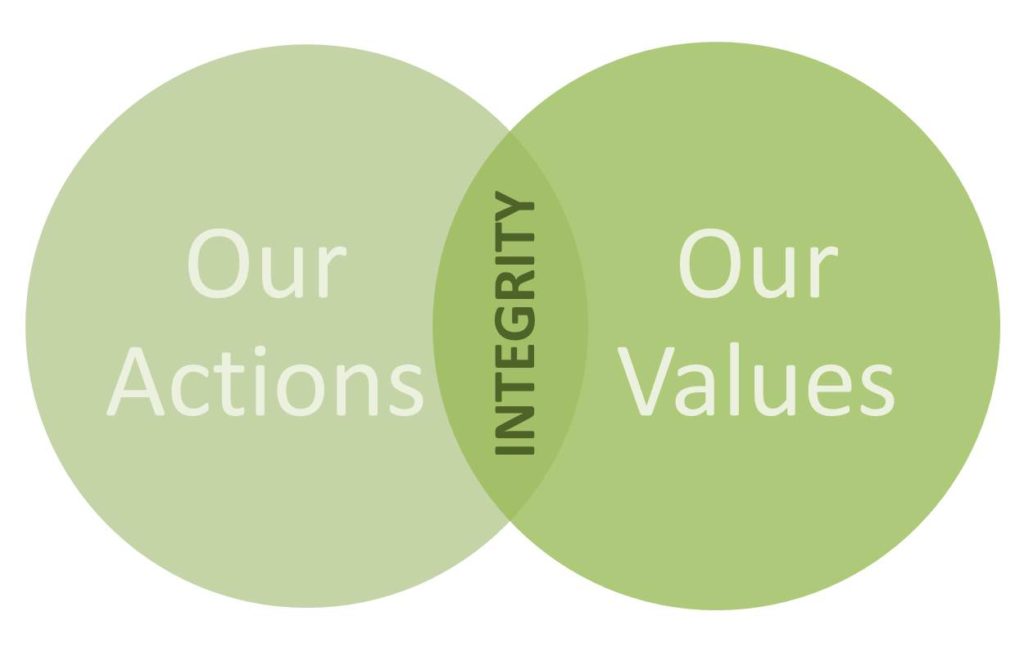Success as a leader is built on the foundation of character
People of good character don’t mind accountability. In fact, they welcome it. The brutal truth is that we have blind spots and need other people to be in close to us so we can advance down the road of success. The need for accountability doesn’t prove lack of character. Rather, it proves the presence of character. G.K. Chesterton said, “Original sin is the only philosophy empirically validated by 3,500 years of human history.” The person of good character knows this and invites others to speak into their life.
Followers grow tired of leaders who will have nothing to do with accountability. They don’t mind leaders who make mistakes, but they do mind leaders who don’t take responsibility for their mistakes by being accountable. When we allow ourselves to be held accountable, our followers know that we are serious about keeping our own house in order, and thus will do a good job in leading the rest of the organization.
Does the Bible speak of Christian accountability? First of all, the Bible says that God holds us accountable. Romans 14:12 says, “So then each of us shall give account of himself to God.” This is personal accountability.
Christians are also accountable to one another. In 1 Corinthians chapter 12, we read that Christians are all part of the same body – the body of Christ – and each member needs or belongs to the other. This Scripture suggests the importance of strong accountability between Believers. It is important for every Believer to have at least one other person in which to confide, pray with, listen to, and encourage.



